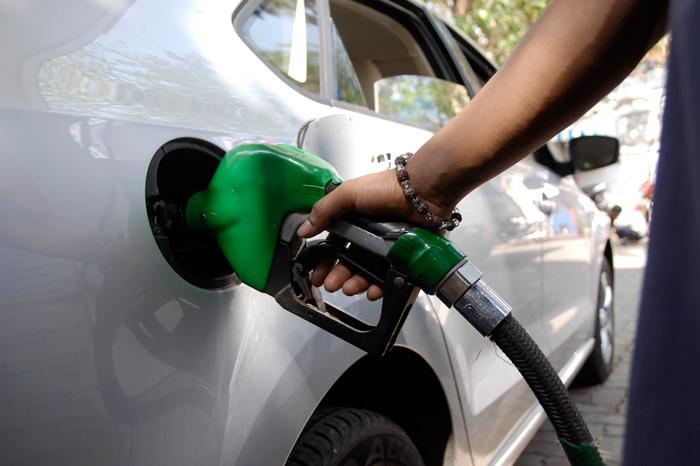The Central Bank of Nigeria (CBN) has indicated that Nigeria expended $36.3 billion on the importation of petroleum products over a five year period (2013 -2017), a development that pressured the Naira and induced depreciation.
The apex bank stated this Monday in Abuja at a public hearing organized by the House of Representatives’ Ad hoc Committee investigating the state of the nation’s refineries, turn-around maintenance to date and regular/modular licensed refineries.
The CBN which was represented by its Director of Research, Mr Ganiyu Amao, said that fuel importation figure was part of a total sum of $119.41 billion spent by the country on importation of commodities between 2013 and 2017.
He said the excessive outflow of foreign exchange within the period exerted undue pressure on the nation’s external reserve and induced depreciation of the Naira.
“Data from CBN shows that from 2013 to 2017, total foreign exchange committed to imports in the country stood at $119.41 billion, while total foreign exchange committed to imports in oil sector stood at $36.37 billion.
“This represents 13.5 percent of all imports made by the country. It greatly exerts serious pressure on our external reserve and depreciates the value of our local currency,” he said.
Also, Amao disclosed that domestic consumption of fuel rose from 4.5 million metric tonnes to 23.9 million metric tonnes in 2013 before dropping again to 2.6 million metric tonnes in 2016.
The CBN, he says, favours a policy that compelled International Oil Companies (IOCs) to refine at least half of the crude that they produced for domestic consumption.
The committee headed by Datti Muhammad (Kaduna-APC), earlier directed the Nigerian National Petroleum Corporation (NNPC) to provide relevant information on the turn-around maintenance of refineries in the country.
However. Chief Operating Officer, NNPC, Mr Anibor Kragha, said that instead of turn-around maintenance, what the refineries require is comprehensive rehabilitation.






























